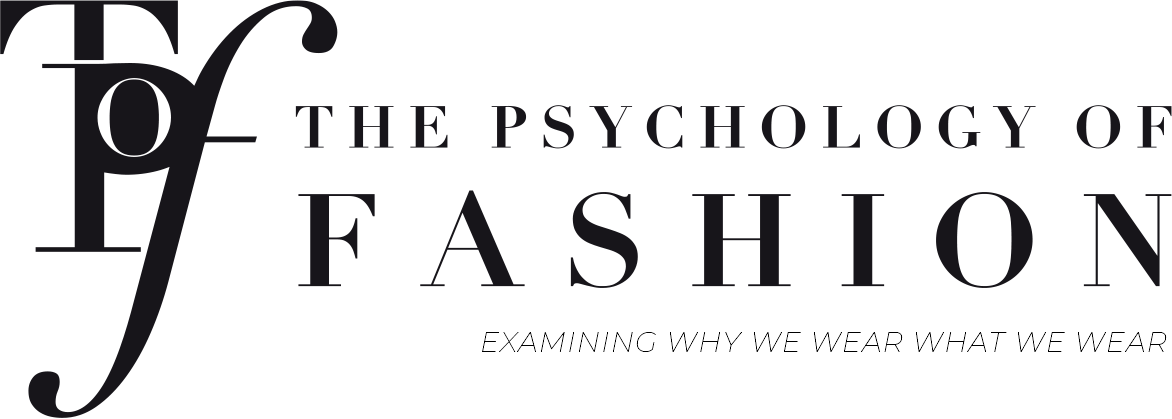The launch of our sister retail platform PSYKHE was featured in WWD and Forbes. Here, we break down PSYKHE’s backstory, through conversations our founder Anabel Maldonado has had with respective editors. These conversations break down the theory behind PSYKHE, the frequently-overlooked link between fashion and psychology and what sets PSYKHE’s luxury shopping aggregator service apart.
In Conversation With Forbes Editor Bruce Rogers
“Fashion is big business. And while the global Pandemic devastated the industry overall, eCommerce was a bright light in an otherwise dismal year. According to Common Thread Collective’s 2021 Fashion Industry Report, fashion eCommerce grew 26.5% in 2020, with apparel gaining the lion share of that growth at 29.6%. Online fashion’s expected 7.18% compounded annual growth rate will put the industry north of $1.0 trillion by 2025.
Leaning into this trend, fashion eCommerce recommendation engine, PSYKHE, was created to help fashion customers make better buying decisions based on their own self-reported personality traits…
“The advantage of my having both a psychology background and experience in the fashion industry is that it allows me to look at aesthetic preference analytically — something which hasn’t really been done before — hence turning art into a science, enabling us to make real sense of the data, and create meaningful tech,” says Maldonado.
“While hiring tech talent was initially a challenge, in that we are a young company and there is a particular shortage of talent in today’s digitally demanding landscape, we have successfully grown the team, securing full-time senior engineers based in the US, UK, and Europe,”
As for the future Maldonado wants to tackle the big questions on emotional buying decisions using her approach: Why do we like certain brands? Why do we like certain colours? “It's not just fashion. We could do this with an interior design item, a travel destination, anything where there's an aesthetic, we have this reaction,” says Maldonado.”
Click here to read the full Forbes article and learn more about our tech and its integration with fashion psychology.
In Conversation With WWD
“Anabel Maldonado’s media site, The Psychology of Fashion, serves as a platform that merges two of her strongest interests: fashion journalism and psychology. Maldonado is now evolving that interest with a recently-launched, e-commerce and AI-powered platform called Psykhe.
Whatever it is, the way you tell your story online can make all the difference.
Here, the founder and journalist discusses the new platform, how it works and how it differs from other personalization technologies in the market.
WWD: How does it [PSYKHE] differ from other platforms in the market?
A.M.: Other platforms that employ machine learning don’t use psychological data. Psykhe’s algorithms rely on a psychological framework and personality-trait science, not just surface product details and past purchase history. Our use of psychographic data, the added layer of psychology, understanding why each consumer responds to certain aesthetic details, renders Psykhe’s algorithm more powerful and predictive than current models, which look for patterns around basic product attributes with less context.
Other platforms that employ machine learning without user psychology, rely on the assumption that if you show the user enough products, that they will click around enough for it to establish a pattern. This way, initial recommendations aren’t really personalized, and could feel random to the user. Psykhe’s recommendations are very tailored right from the start, thanks to the personality test results.
WWD: What do you think is driving the demand for greater personalization?
A.M.: The need for personalization simply stems from our need for a more “human” experience across the endless and increasing digital channels and platforms that we encounter. Personalization is just humanization: reducing choice for the end-user in a considered, sensical way. In real life, humans offer options to other humans in this way. Say you have a friend over for lunch. You might offer them a soup, sandwich or a salad. If they’re a good friend, you’ll know their dietary preferences, and let them know that you have gluten-free bread. You wouldn’t offer them 30 random things, the way an unpersonalized platform would.
The effects of COVID-19 gave a major boost to global e-commerce. Cracking personalization, in the fashion space and otherwise, is key to unlocking the new era, the third decade of e-commerce, where we go from manually trolling, filtering and searching, to encountering intuitive machines that have learned our preferences and habits. Psychology is necessary for these machines to become smart and know the user. With all the technology we’re using, data and machine learning make it possible to personalize and humanize.”"
To visit WWD and read the interview in full, click here. If you’d like to learn more about PSYKHE and discover the world first affiliate aggregator to be powered by psychology and AI, click here.












As news of PSYKHE’s launch spreads, The Psychology of Fashion and PSYKHE’s founder Anabel Maldonado sat down with editors at Forbes and WWD to discuss the platform, the journey and why the world needs personalization powered by AI and psychology.